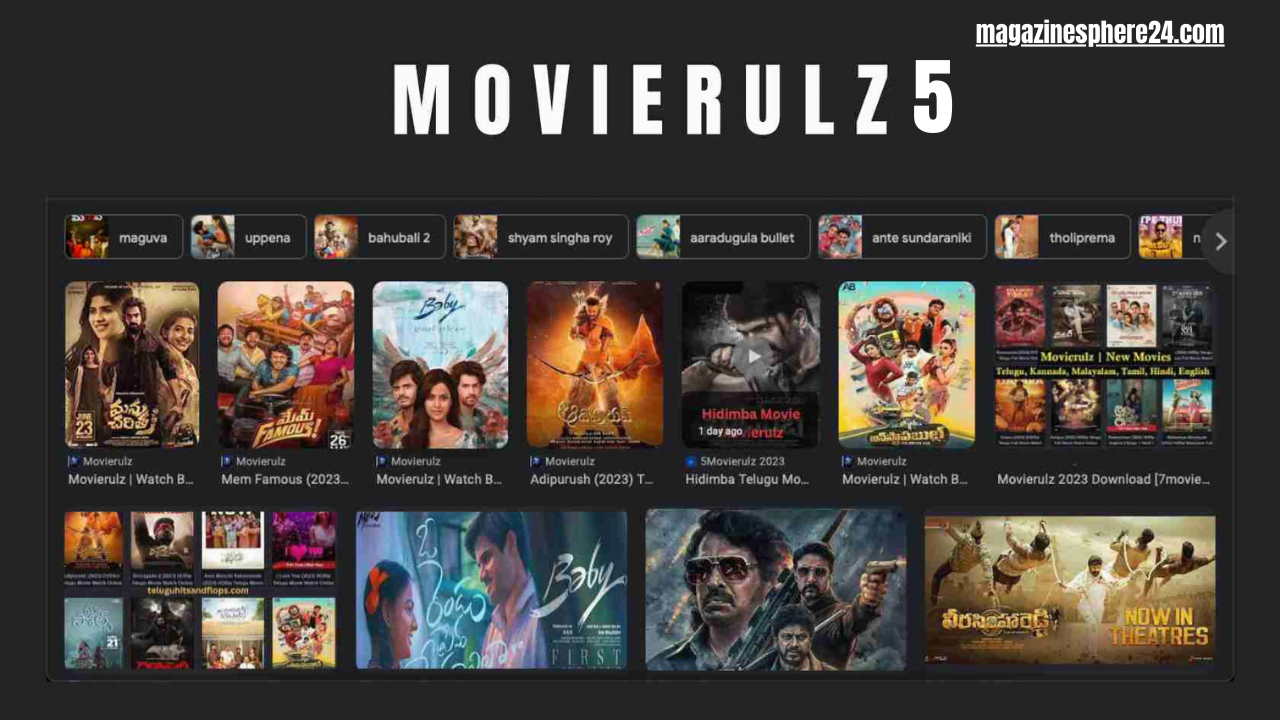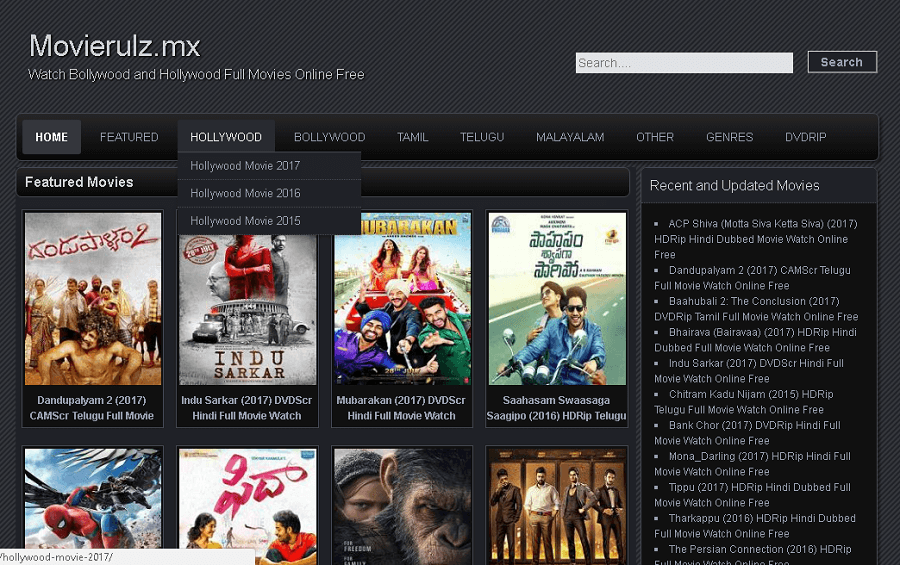New On Google Discover: 5movieurlz Updates!
Is the digital frontier reshaping how we experience the magic of cinema? The rise of online streaming and file-sharing platforms has fundamentally altered the landscape of movie consumption, creating both unprecedented access and complex ethical considerations.
The term "5movieurlz" serves as a digital key, unlocking a world of cinematic possibilities. While the allure of readily available content is undeniable, it's crucial to dissect the multifaceted implications of such platforms, examining their impact on the film industry, the viewing experience, and the legal framework governing digital distribution. The proliferation of websites and search terms like "5movieurlz" has introduced a new era of accessibility, but it also necessitates a critical examination of copyright infringement, content quality, and the evolving role of the moviegoer.
Let's delve deeper into the mechanics and implications surrounding platforms like "5movieurlz" and similar services. This exploration requires us to move beyond simplistic labels of "good" or "bad" and instead embrace a nuanced understanding of the complex forces at play in the digital realm.
| Category | Details |
|---|---|
| Description | A search term and potential identifier for websites or platforms offering access to movies, possibly including streaming or downloadable content. It represents a specific segment of the online movie landscape. |
| Functionality | Presumably used to search for movies online. It could lead to websites that host streaming services, provide download links, or aggregate links to external sources. The specific functionality varies depending on the platform accessed. |
| Accessibility | Generally accessible through standard web browsers and search engines. The ease of access is a defining characteristic and a major draw for users seeking free or readily available movie content. |
| Legal Status | The legality hinges on the platform's compliance with copyright laws. Services that host or link to copyrighted material without proper licenses operate in a legal gray area and risk facing legal action from copyright holders. |
| Monetization | Monetization methods often include advertising (pop-up ads, banner ads, embedded video ads), and in some cases, premium subscriptions offering enhanced features or ad-free viewing. These strategies help maintain the infrastructure required to operate. |
| Content Sources | Content sources can be diverse, varying from authorized streaming services or ripped versions, to links aggregated from various sources. Quality and reliability of content are significant concerns for users. |
| User Demographics | User demographics include individuals looking for free or convenient access to movies. They often include tech-savvy individuals, students, or those who do not wish to pay for a subscription service. |
The primary function of a term like "5movieurlz," in the context of online activity, is to facilitate the discovery of websites or platforms providing access to movies. This encompasses a spectrum of possibilities, ranging from direct streaming services to sites that aggregate links to various sources where movies can be watched or downloaded. Understanding this core function is vital to grasping the broader impact of such platforms.
The accessibility of these platforms is a key factor in their appeal. Through simple web searches, users can readily locate numerous options for streaming or downloading movies. This ease of access contrasts sharply with the traditional methods of movie consumption, such as theatrical releases or paid streaming services, which might require subscriptions. This convenience contributes to the widespread use of services associated with search terms like "5movieurlz".
However, the legal landscape surrounding these platforms presents a complex picture. The legality of services linked to terms like "5movieurlz" is often contingent on their compliance with copyright laws. Services that host or link to copyrighted material without proper licenses operate in a legal gray area, running the risk of facing legal action from copyright holders. This precarious position creates a constant tension between the allure of free content and the ethical obligations related to protecting creative works.
The monetization of these platforms is typically achieved through various methods. Advertising is a common strategy, often involving pop-up ads, banner ads, and embedded video ads. In other cases, premium subscriptions might offer enhanced features, such as ad-free viewing, improved streaming quality, or access to exclusive content. These different monetization strategies enable the infrastructure required to operate these services, but can also significantly impact the user experience.
The sources of content available on such platforms can be quite diverse. Content sources can range from authorized streaming services, to ripped versions of movies, to links aggregated from various sources. This diversity raises critical questions about the quality and reliability of the content, which is an important consideration for users. The lack of quality control and the potential for malware or other security risks are persistent concerns.
User demographics for such services are varied but often include individuals seeking free or convenient access to movies. This often includes tech-savvy individuals, students, or those unwilling or unable to subscribe to paid streaming services. Understanding these demographics is crucial for assessing the broader impact of these platforms on the entertainment industry.
The consequences of accessing content through platforms linked to terms like "5movieurlz" extend beyond mere convenience. Copyright infringement poses a significant threat to the financial viability of the film industry, affecting the ability of filmmakers, studios, and artists to profit from their creative work. This can lead to reduced investment in film production, ultimately harming the quality and diversity of cinematic content.
Additionally, these platforms can contribute to the spread of malware and other security risks. Users who download or stream content from unverified sources risk exposing their devices to viruses, Trojans, or other malicious software. This poses a threat to personal data and online security.
The user experience on these platforms is often far from ideal. Streaming quality can be inconsistent, with frequent buffering or low-resolution video. Intrusive advertising can also detract from the viewing experience, creating annoyance for users.
The digital distribution landscape has transformed movie consumption, raising essential questions about accessibility, legality, and the future of the film industry. Platforms associated with search terms like "5movieurlz" serve as key examples of this transformation, illustrating the need for a comprehensive approach that balances technological advancements with ethical responsibility.
Copyright laws play a crucial role in regulating online movie distribution, but are frequently challenged by the dynamics of the digital world. Enforcement mechanisms have to constantly adapt to combat copyright infringement, requiring a delicate balance between protecting creative works and maintaining freedom of access to information.
The evolution of the film industry is closely linked to the evolution of digital distribution. The traditional model, which relies on theatrical releases and home video sales, has been supplemented by streaming services and other digital platforms. Understanding how platforms like "5movieurlz" and similar services are affecting this evolving ecosystem is crucial for the film industry's sustainability and growth.
The impact of these platforms also extends to filmmakers and artists. Illegal downloading and streaming reduce the revenue generated by films, affecting the ability of filmmakers and artists to fund future projects. Understanding these effects is crucial to protecting the creative community and ensuring the continued production of high-quality cinematic content.
Addressing the challenges posed by platforms like "5movieurlz" requires a multifaceted strategy involving copyright enforcement, consumer education, and the development of user-friendly, legal alternatives. A balance of these elements will be important in establishing a sustainable and ethical model for digital movie distribution.
Consumer education is crucial in combating the negative impacts of illegal downloading and streaming. Educating consumers about copyright laws, the ethical implications of piracy, and the potential risks associated with accessing unauthorized content can foster a more responsible digital environment.
The development of user-friendly and affordable legal streaming services offers a compelling alternative to illegal platforms. By providing convenient access to a wide range of movies at a reasonable price, these services can attract users and reduce the appeal of illegal alternatives. Such a transition requires innovation, investment and creative solutions.
Collaborative efforts are vital in addressing the complex challenges of online movie distribution. Cooperation between copyright holders, technology companies, law enforcement agencies, and consumer advocacy groups is crucial to developing effective strategies for combating piracy and promoting a healthy digital ecosystem.
In conclusion, the presence of platforms associated with search terms like "5movieurlz" highlights the changing landscape of movie consumption. While offering unparalleled accessibility, these platforms also raise critical concerns regarding copyright, security, and the sustainability of the film industry. By examining these complex issues, we can move towards a more responsible and ethical approach to digital movie distribution.
The term "5movieurlz," when considered critically, is not merely a keyword, but a symbol of the ongoing transformation of how we interact with cinema. It represents a complex intersection of technology, law, and culture that demands ongoing assessment and adaptation. The digital age necessitates a constant re-evaluation of our values, and the choices we make regarding our consumption of content.


